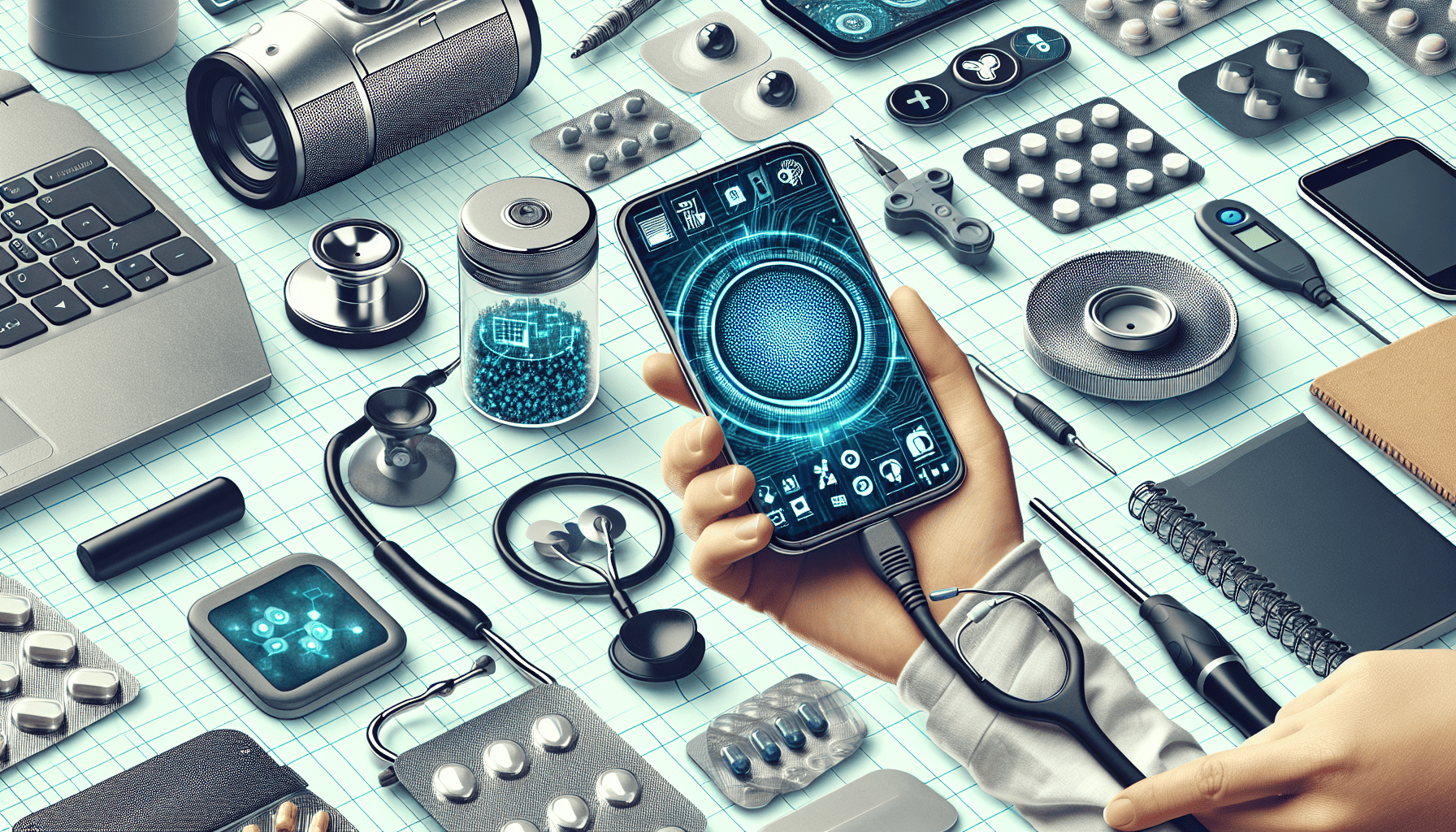Nanotechnology, a field that manipulates matter at the atomic and molecular levels, has become an integral part of our everyday lives. From healthcare to electronics, this technology is paving the way for innovations that enhance the quality of our daily experiences. Let's explore some key applications of nanotechnology that have transformed various aspects of life.
Healthcare
Nanotechnology has revolutionized the medical field with its ability to enable precise diagnostics and targeted treatments. Nanoparticles are used in drug delivery systems to improve the effectiveness of medications, ensuring they reach specific cells or tissues without affecting others. This is particularly beneficial in cancer treatment, where nanoparticles can deliver chemotherapy drugs directly to tumor cells, reducing harmful side effects.
Moreover, nanotechnology plays a crucial role in developing diagnostic tools. For instance, nanoscale biosensors are designed to detect biomarkers with high sensitivity and specificity, allowing for early disease detection. These advancements facilitate timely interventions and improve patient outcomes.
Electronics
In electronics, nanotechnology contributes to the development of smaller, faster, and more efficient devices. Nanoscale transistors, used in integrated circuits, are fundamental in producing powerful processors and memory chips. This miniaturization not only increases computational power but also reduces energy consumption, promoting sustainability.
Display technologies have also benefited from nanotechnology. Quantum dots, tiny semiconductor particles, are used in screens to provide vibrant colors and improved brightness while being energy efficient. This technology is now common in televisions, smartphones, and other digital displays, offering enhanced viewing experiences.
Energy
Nanotechnology offers promising solutions in the energy sector, particularly in the development of renewable energy sources. For example, nanomaterials are employed in the creation of more efficient solar cells. By improving light absorption and minimizing energy loss, these advanced solar panels generate more electricity from the same amount of sunlight.
In addition to solar energy, nanotechnology is used in battery technology. Lithium-ion batteries, pivotal in powering electric vehicles and portable electronics, utilize nanotechnology to increase their capacity and lifespan. This advancement is critical in supporting the global shift toward sustainable energy alternatives.
Environmental Protection
Nanotechnology aids in environmental conservation by offering innovative ways to monitor and clean up pollutants. Nano-engineered materials can adsorb contaminants from water, making them invaluable in wastewater treatment processes. These materials provide a more effective and economical approach to purifying water, ensuring access to clean and safe resources.
Furthermore, nanotechnology supports air quality improvement. Nanoscale filters are designed to capture pollutants from industrial emissions, reducing the impact on the environment and public health. By incorporating these filters, industries can comply with environmental regulations and contribute to cleaner air.
Consumer Goods
In the realm of consumer products, nanotechnology enhances the durability and functionality of everyday items. For instance, nanocoatings create water-repellent surfaces on clothing and electronics, making them resistant to stains and moisture. These coatings also provide antimicrobial properties, adding further value to consumer goods.
Additionally, the food industry utilizes nanotechnology to improve packaging. Nanomaterials strengthen packaging materials, extending shelf life and improving food safety by preventing contamination. This application addresses waste reduction and food spoilage concerns, benefiting both manufacturers and consumers.
In conclusion, nanotechnology's diverse applications are making a significant impact on our daily lives. By improving healthcare, advancing electronics, promoting sustainable energy, protecting the environment, and enhancing consumer products, this cutting-edge technology offers solutions that contribute to a better quality of life. As research and development continue, nanotechnology holds the promise of even more innovations that will shape the future.
